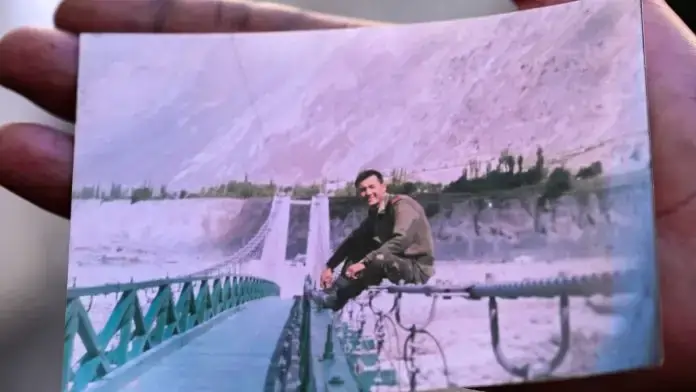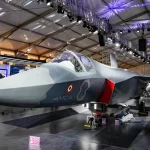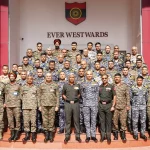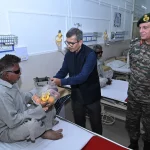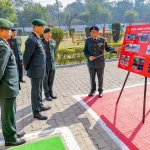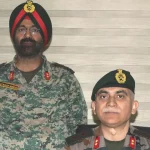The family of retired Army soldier Tsewang Tharchin is grieving after the 46-year-old ex-serviceman was shot dead by security forces during violent protests in Leh on 24 September. Tharchin, a decorated war veteran who fought in the Kargil War of 1999 and served with the Ladakh Scouts, was killed while stepping out to join a hunger strike organized by the Leh Apex Body, which demands statehood and Sixth Schedule protections for Ladakh.
Eyewitnesses and family members say that the protests, which began peacefully, escalated into clashes with police, resulting in at least four deaths, including Tharchin’s, and injuries to around 70 others. The unrest also involved arson, with demonstrators targeting the Ladakh Autonomous Hill Development Council Secretariat and the local BJP office, along with setting several police vehicles ablaze.
Tharchin’s family described him as a committed patriot and community member. His younger brother Konchok Ishley said, “He joined the Army in 1996, served as a hawaldar in the Ladakh Scouts, and faced glaciers falling on him during Kargil. He gave his life to the nation twice — first in war, and now trying to stand for his people.”
Tharchin, who retired as a captain in 2002 after 22 years of service, had recently returned to his native Skurbuchan village, living with his wife and children. His father, Stanzin Namgyal, a former Ladakh Scouts veteran of 32 years, expressed profound anguish: “He fought the war, but died by police bullets. Is this what we get back for serving the nation?”
The protests have seen participation from both youths and retired servicemen. Among the deceased were Jigmet Dorjay (25), Stanzin Namgyal (23), and Rinchen Dadul (20). Authorities have taken several ex-servicemen into custody in connection with the clashes, while activist Sonam Wangchuk was charged under the National Security Act (NSA).
Leh, a region where military service runs deep across generations, is now in mourning, as Buddhist monks and villagers gather at Tharchin’s home to pray for his soul. The incident has reignited debates over the treatment of protestors and ex-servicemen who engage in civil activism, raising questions about use of force and accountability in the region.

